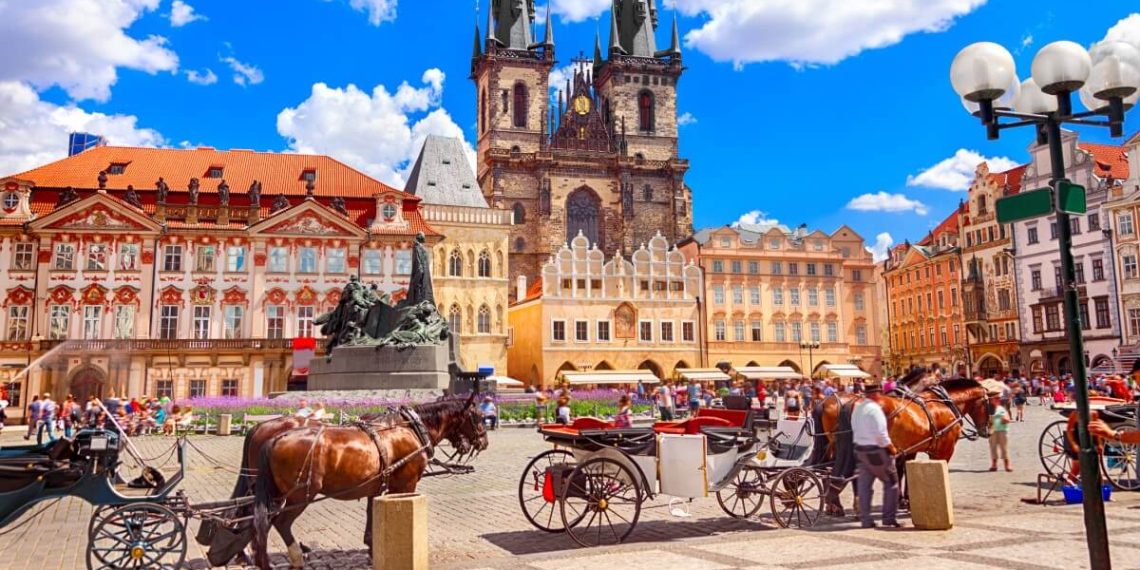The Czech Labour Office has reported over 280,000 job vacancies in March, almost matching the number of registered job seekers at that time. Despite this balance, Czech companies are still facing shortages in various sectors, according to Jetsanza.com.
Employers in the Czech Republic are consistently seeking to hire new employees, with a particular focus on roles in blue-collar and highly-skilled occupations. The demand for skilled craftsmen remains high over the long term, with most employers looking for candidates with primary or lower education, suitable for foreigners.
The most sought-after occupations by Czech employers include building construction workers, forklift operators, warehouse workers, assembly workers, CNC machine operators, truck and tractor-trailer drivers, cooks, bricklayers, masons and tilers, and cleaners.
Prague has the highest demand for new employees, with over 78,000 job vacancies, followed by the Central Bohemia region with 58,300 job vacancies. The city is showing particular interest in workers in sectors such as mining, construction, manufacturing, transportation, and related fields.
For foreigners applying for work permits in Czechia, they will need a visa and a work permit, even for working for less than 90 days within the country. The authorities in Czechia offer three types of work permits – the Employee Card, the Blue Card, and the Intra-Company Transferee Card. The minimum wage in Czechia is approximately €720 per month, while the cost of living is positioned as the 25th most expensive country in Europe.
To tackle the labor shortage, the government of the Czech Republic has launched a new migration programme to attract Indonesian students of polytechnic universities who wish to work in the country. Under this program, an estimated 300 students from selected Indonesian polytechnic universities will have the opportunity to work in the Czech Republic for a two-year period.
Still have some travel questions? Ask in our Travel WhatsApp Group.








